Newsroom
Through formal and informal events and relationship building, the Quaker United Nations Office engages with UN bodies, Member States and other partners. Stay up-to-date with the latest news relating to happenings at the UN and our work on the global stage.
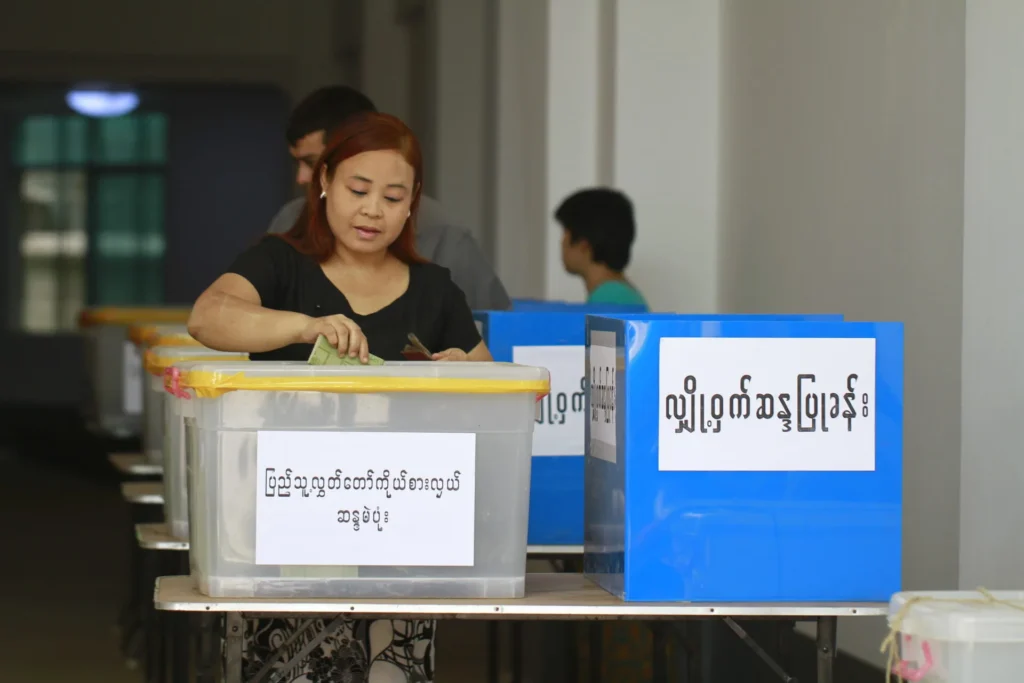
Myanmar “sham elections”: QUNO hosts Quaker House briefing
On 2 December, the Quaker UN Office hosted diplomats at Quaker House for a private briefing in advance of the elections in Myanmar that began on 28 December...
Read More

The 2025 Peacebuilding Architecture Review: Progress, Omissions, and What’s at Stake
The United Nations’ Peacebuilding Architecture Review (PBAR) takes place every five years, providing UN actors and other stakeholders with an...
Read More
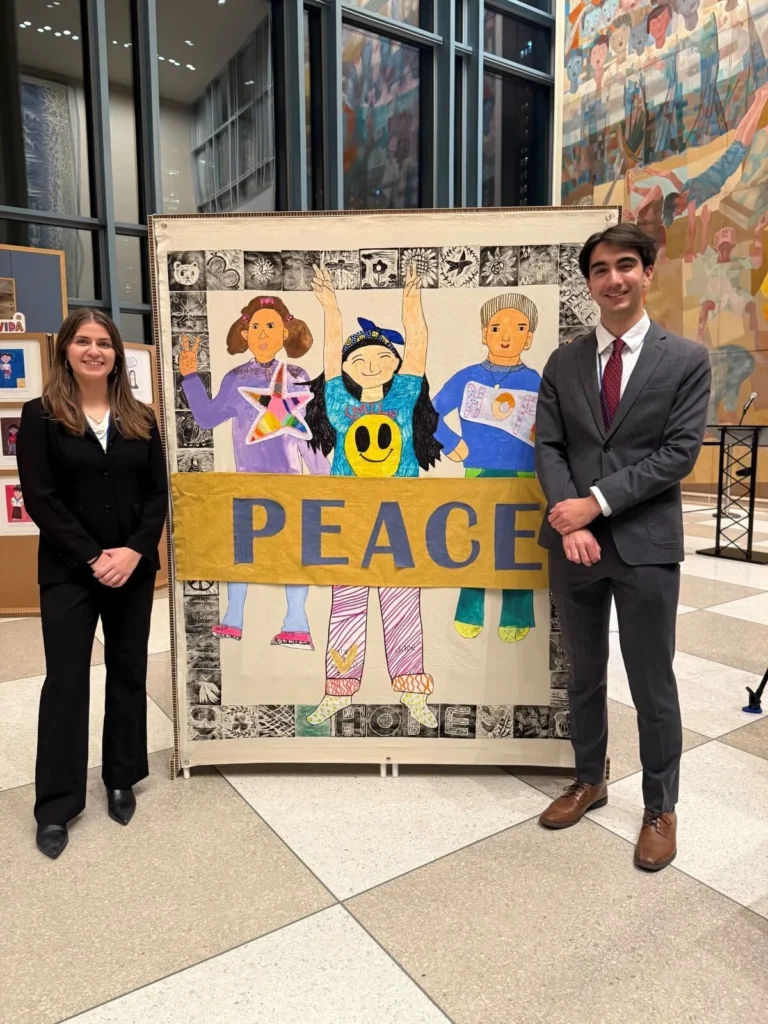
Applications Now Open for QUNO New York Programme Assistants
The Quaker United Nations Office in New York is now accepting Programme Assistant applications for the 2026-2027 year. This is an exciting...
Read More
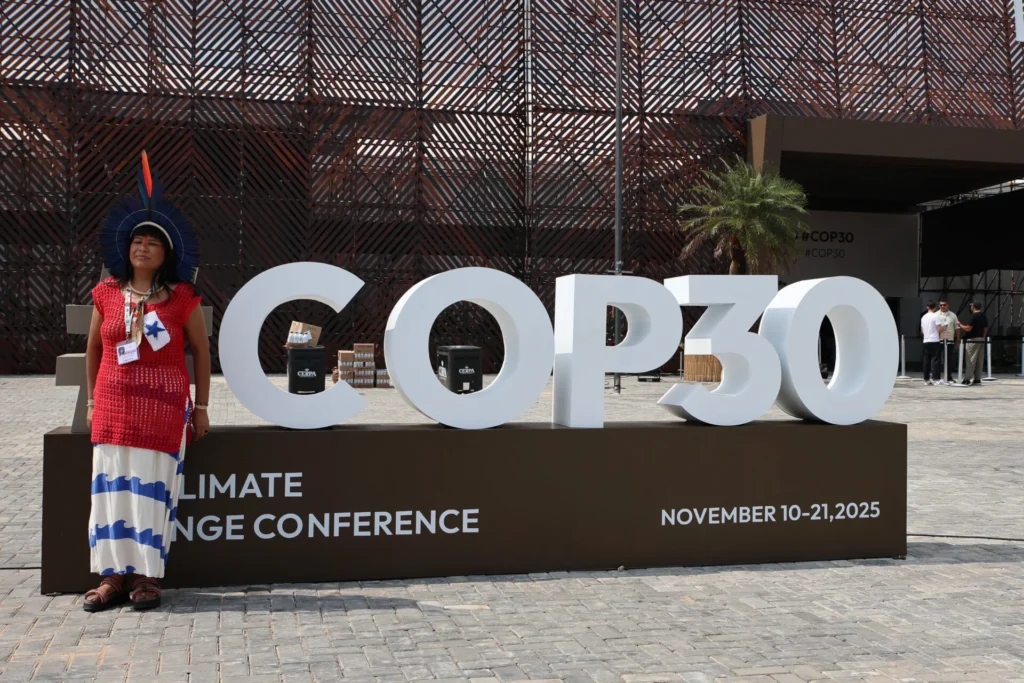
QUNO attends COP30 in Brazil: Report 2 of 2
QUNO participated in the Conference of the Parties (COP30), held from 9–23 November in Belém, Brazil. Following the first report...
Read More
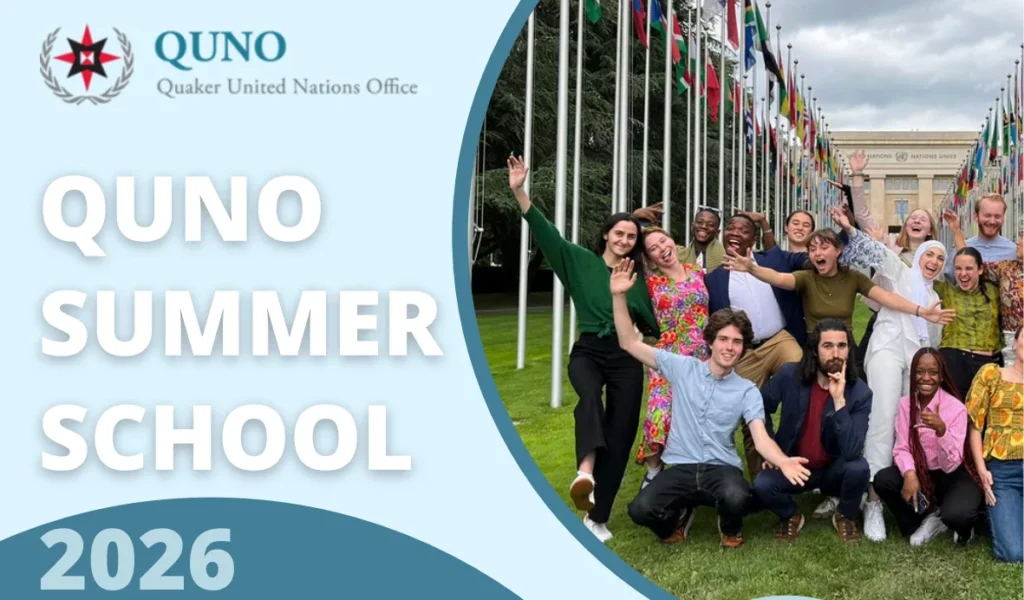
Applications are Now Open: Quaker United Nations Summer School 2026
We are excited to announce that the applications for the Quaker United Nations Office Summer School (QUNSS) 2026 are now...
Read More
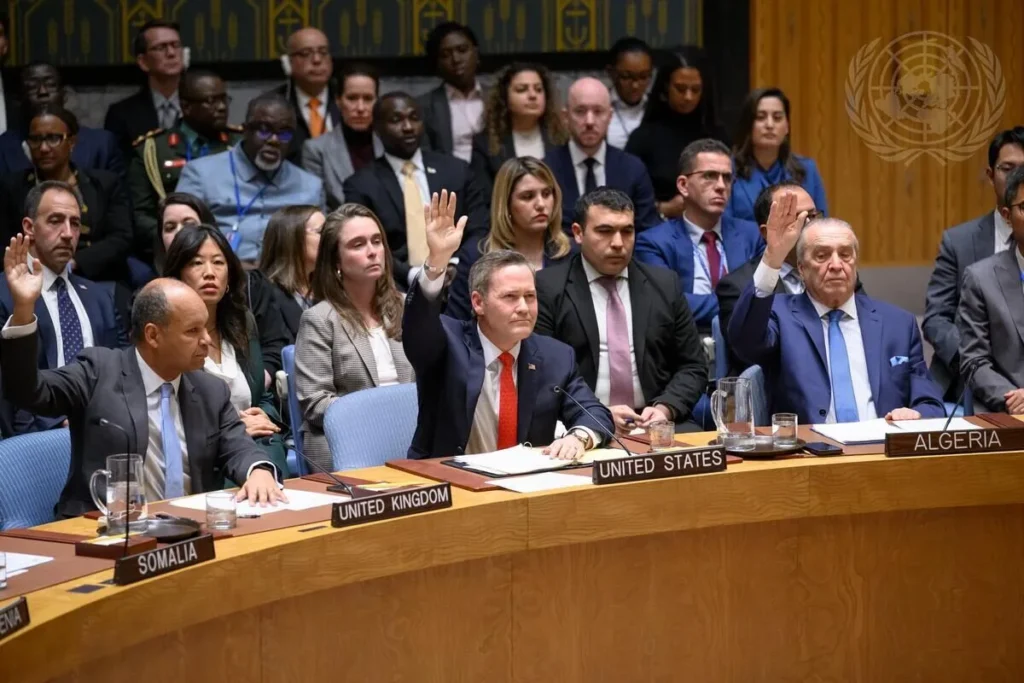
At a critical moment, Security Council Resolution on Gaza falls short
On Monday, November 17, the UN Security Council adopted resolution 2803 (2025) authorizing the creation of an “International Stabilization Force”...
Read More
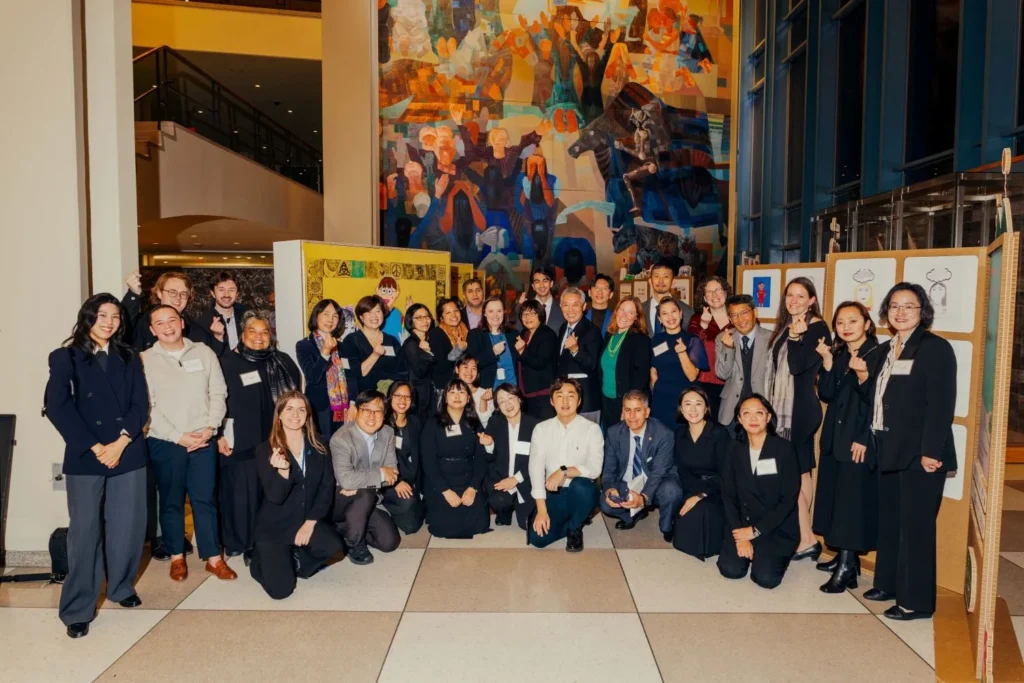
Drawing Hope: Children Reimagining Peace Across Borders
In a world often divided, Drawing Hope is a trans-local peace project that uses children’s art to remind us of...
Read More
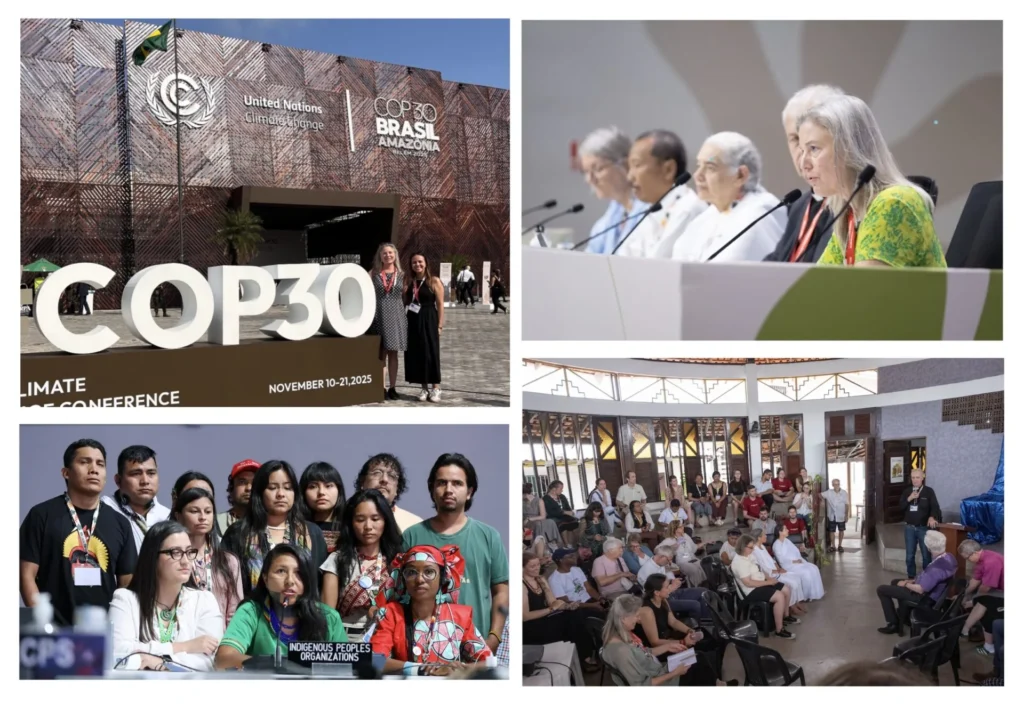
QUNO attends COP30 in Brazil: Report 1 of 2
QUNO’s Human Impacts of Climate Change (HICC) staff, Lindsey Fielder Cook and Daniela Campos, were present at the Conference of...
Read More
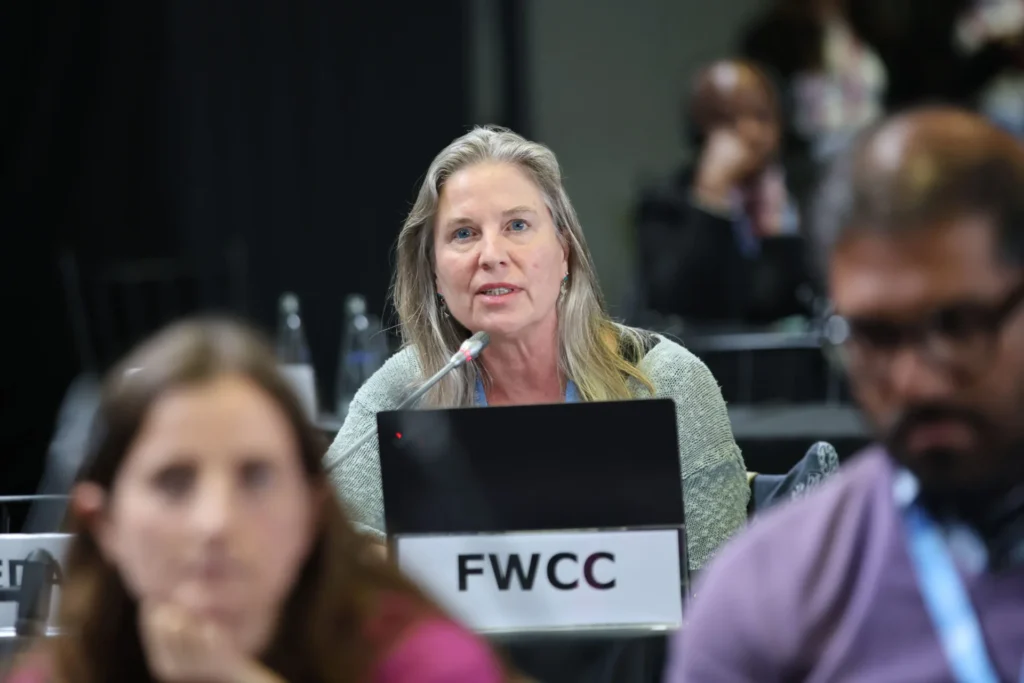
QUNO at the IPCC’s session in Lima
From 27–30 October, QUNO participated in the 63rd Session of the Intergovernmental Panel on Climate Change (IPCC) in Lima, Peru....
Read More
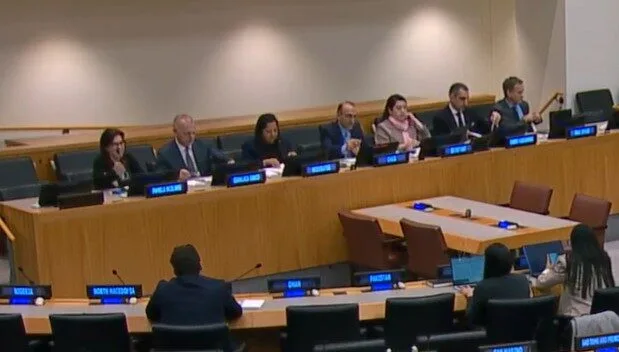
QUNO Representative brings Quaker Perspective to Disaster Resiliency
QUNO NY Representative Kavita Desai had the rare opportunity to moderate a panel at the United Nations entitled “Investing in...
Read More
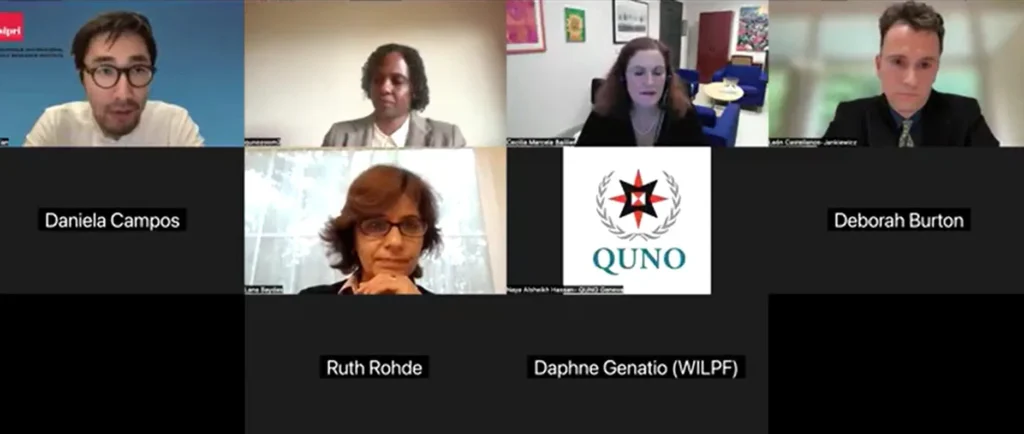
Real Costs of the Push to Rearm in Europe and Beyond: Implications for Arms Control, Business and Human Rights, and International Law
To discuss the costs and risks of exponentially rising military spending, the Quaker United Nations Office (QUNO) Geneva, together with the American...
Read More
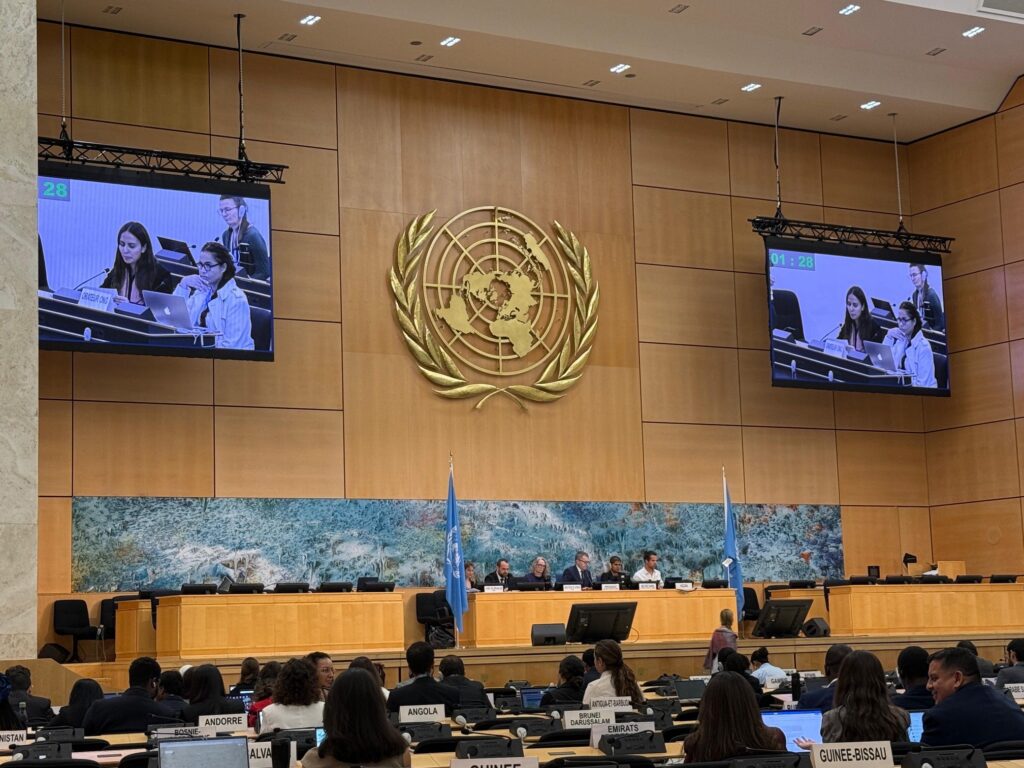
A Call for Climate Action: Protect Human Rights and Decrease Military Expending
HICC at the Human Rights Council QUNO participated in the climate and environmental discussions held in the 60th session Human...
Read More
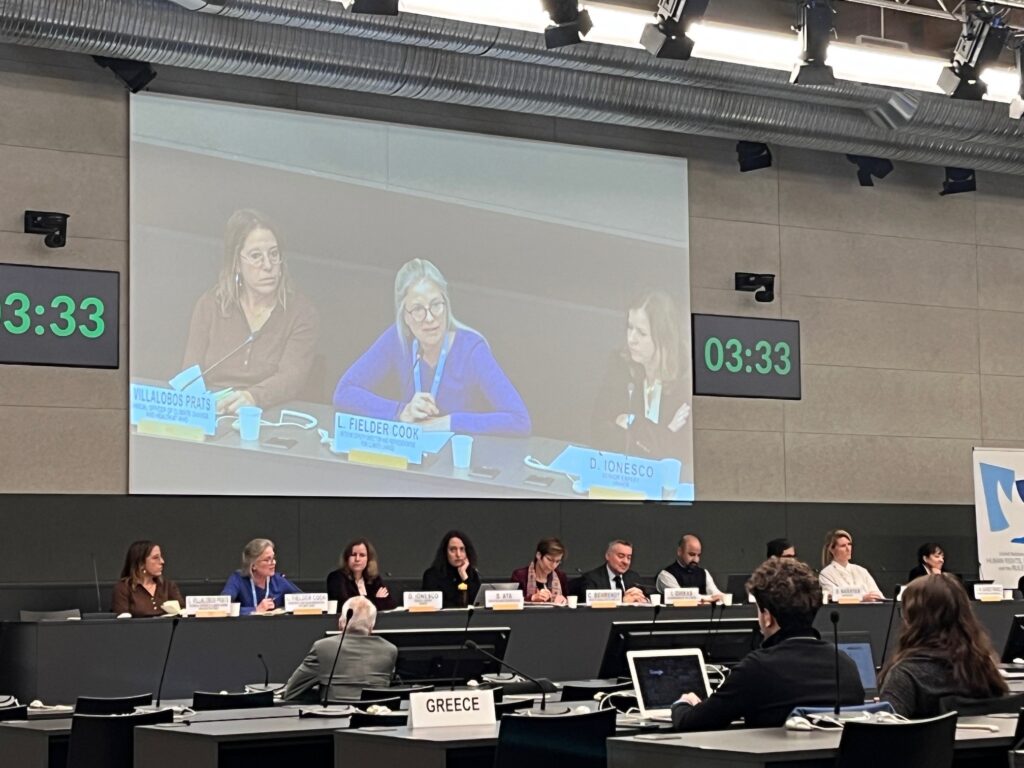
‘Deadlock of Imagination’: QUNO Invites Reflection on Approaches to Sustainable Energy Transformation at the Forum on Democracy and Climate Change
Lindsey Fielder Cook, QUNO’s Representative on the Human Impacts of Climate Change, pointed out clear pathways and criteria to achieve...
Read More
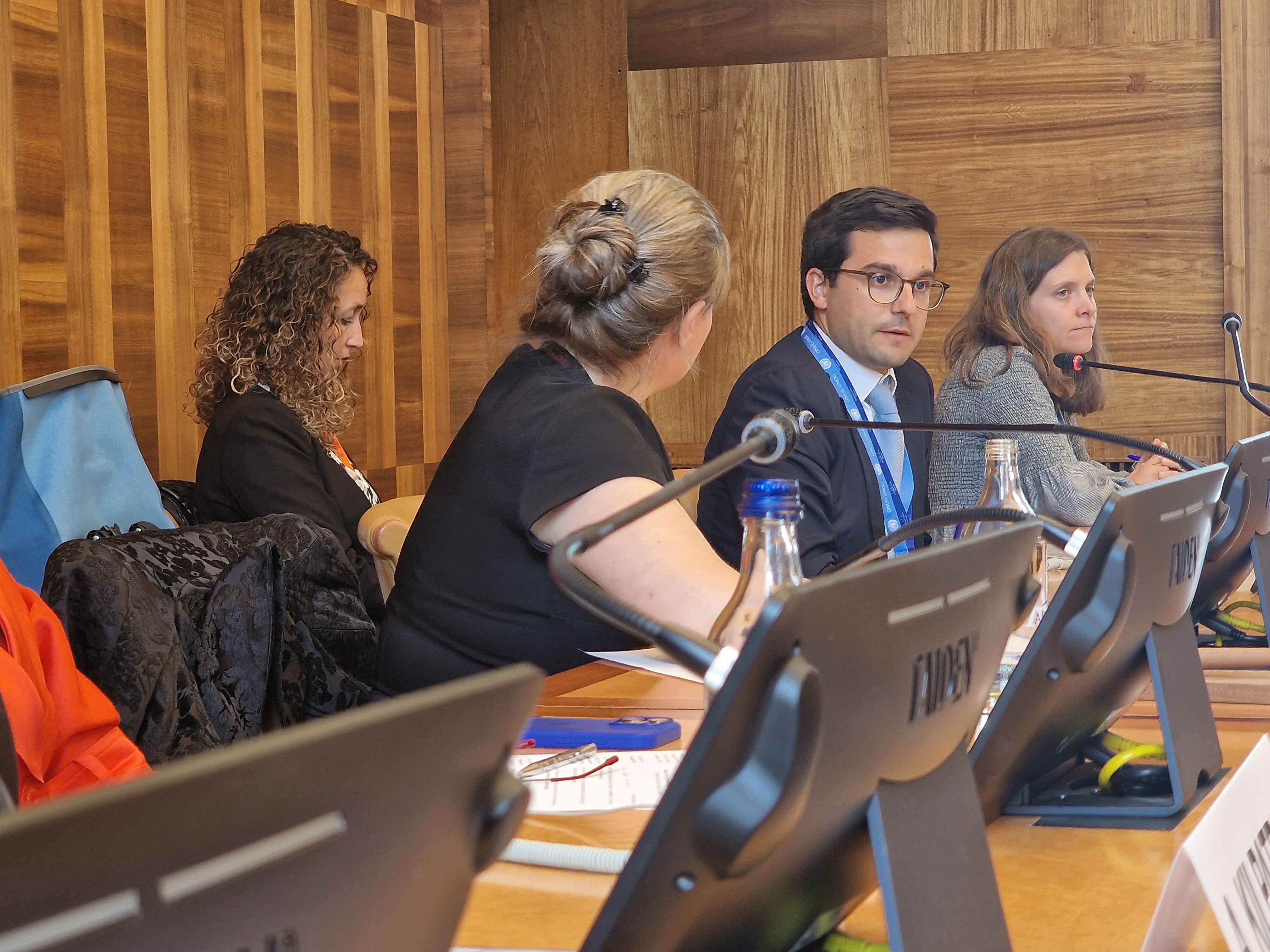
At the Human Rights Council: Renewed Calls for Independent Human Rights Monitoring at International Borders
At the 60th session of the Human Rights Council, attention turned once again to the urgent need for stronger human...
Read More
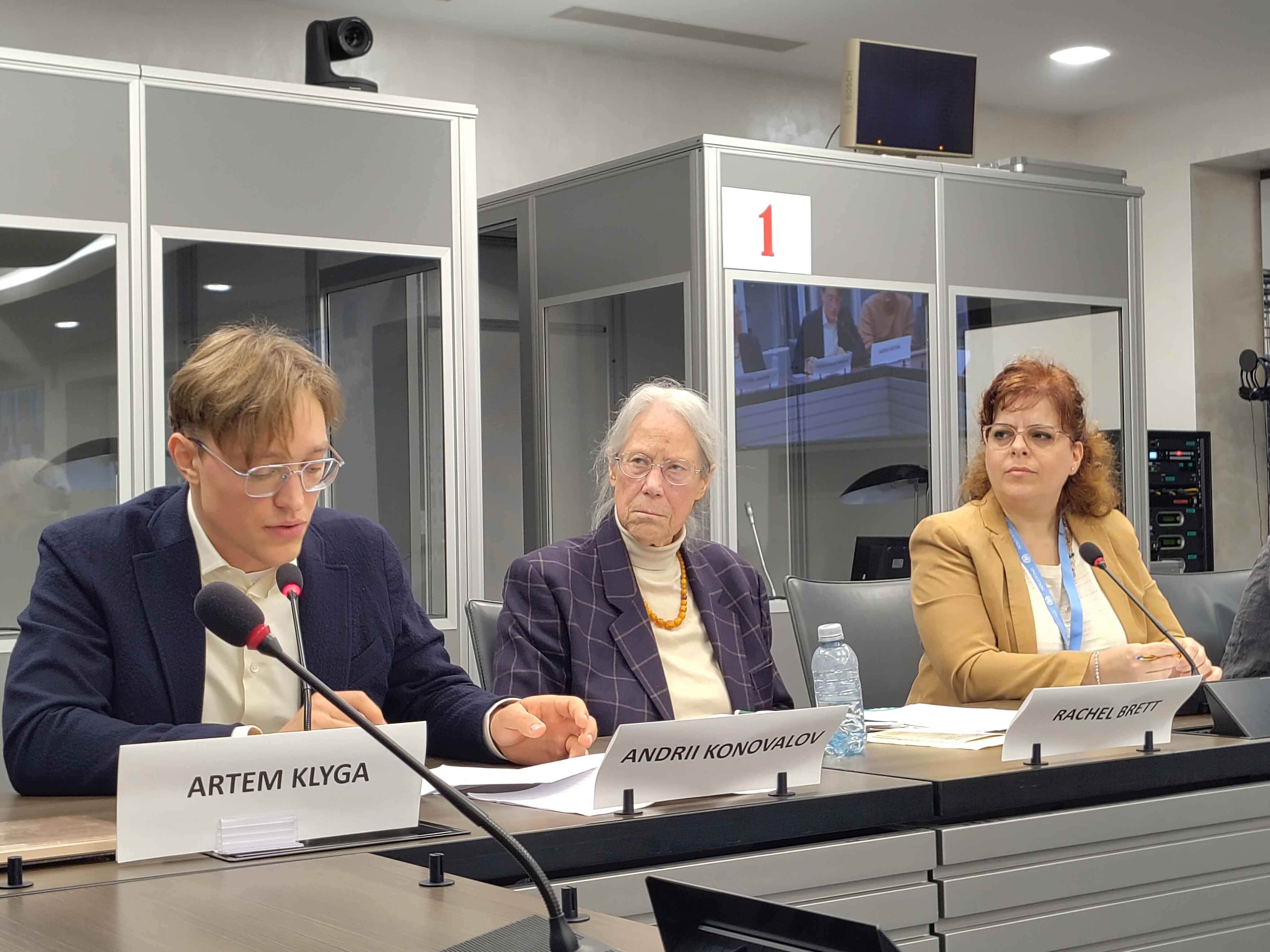
Safeguarding Conscientious Objectors Amid Rising Militarization
In a world of accelerating militarization, the act of refusing to fight is bold and powerful. States justify mass conscription...
Read More
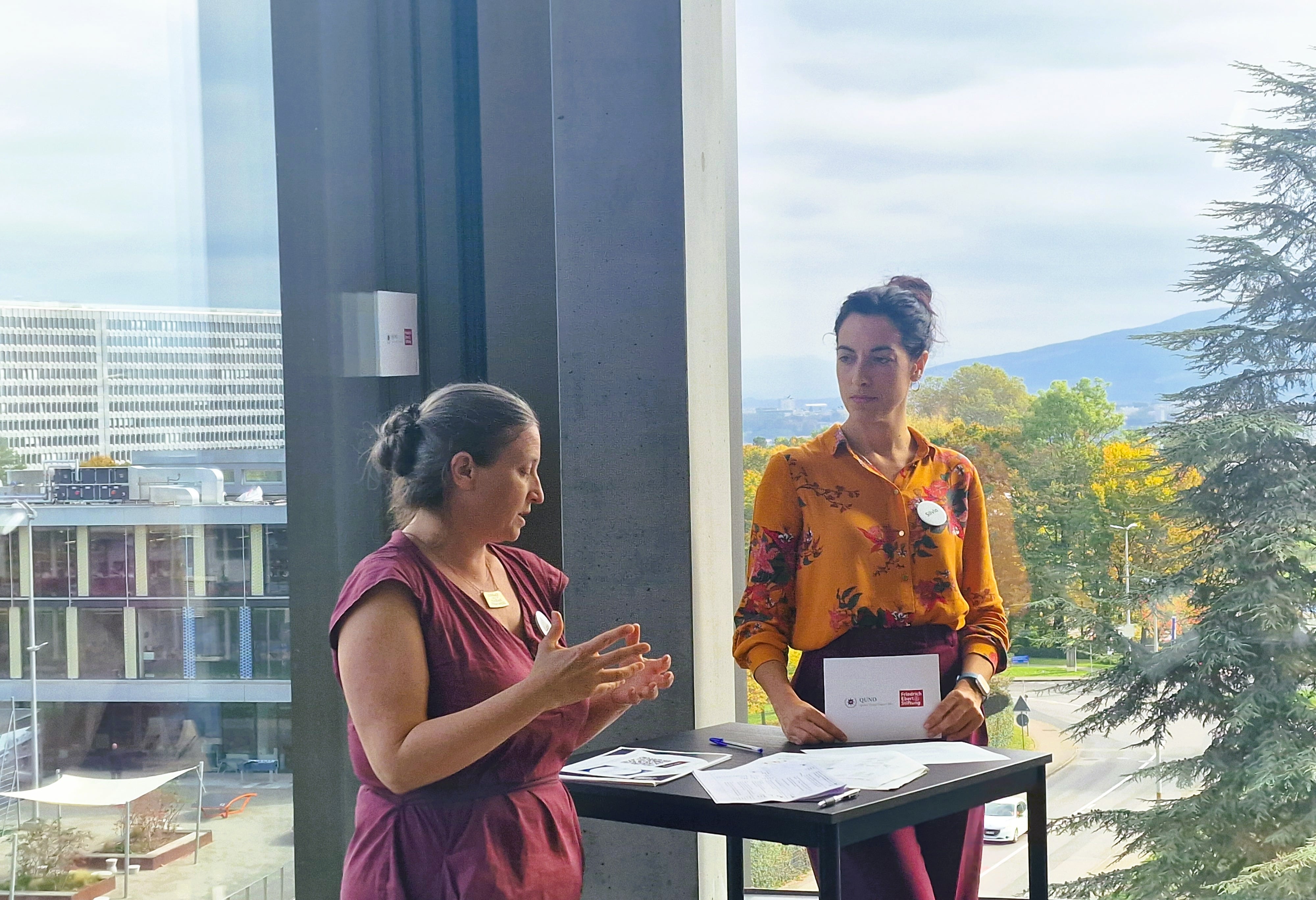
Inclusive Dialogue on Migration: Preparing for the IMRF through Connection and Collaboration
The Inclusive Dialogue on Migration was created to build understanding between States, migrants, and migrant-led organizations, and to strengthen cooperation...
Read More
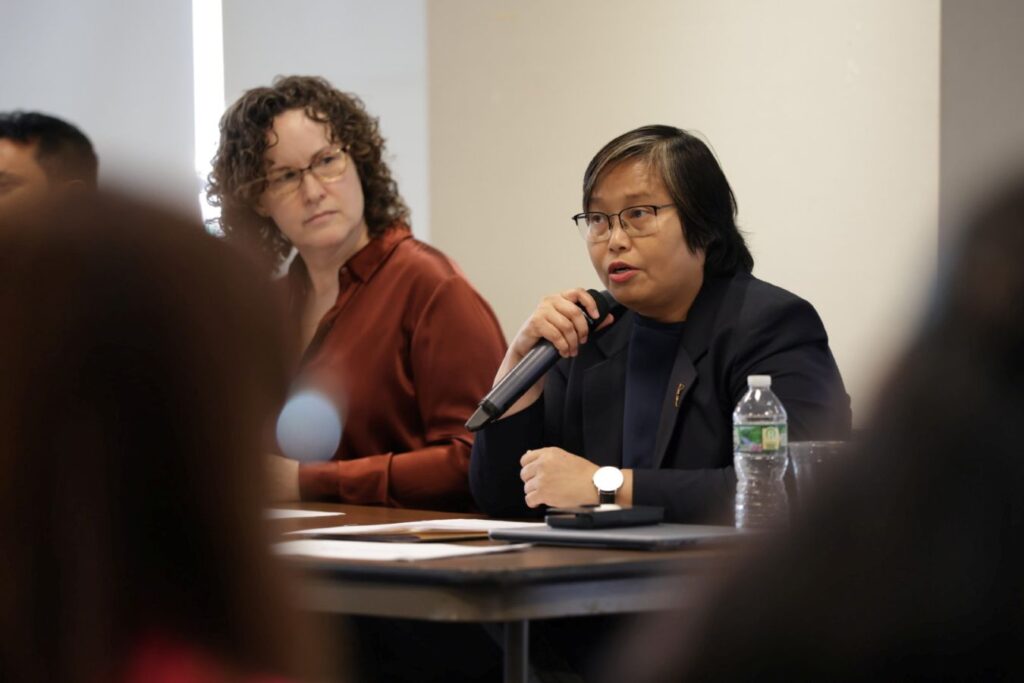
Building the New Myanmar – QUNO hosts a public event with Myanmar’s National Unity Government
When the UN General Assembly opens each September, all UN member states are invited to address the world body. For...
Read More
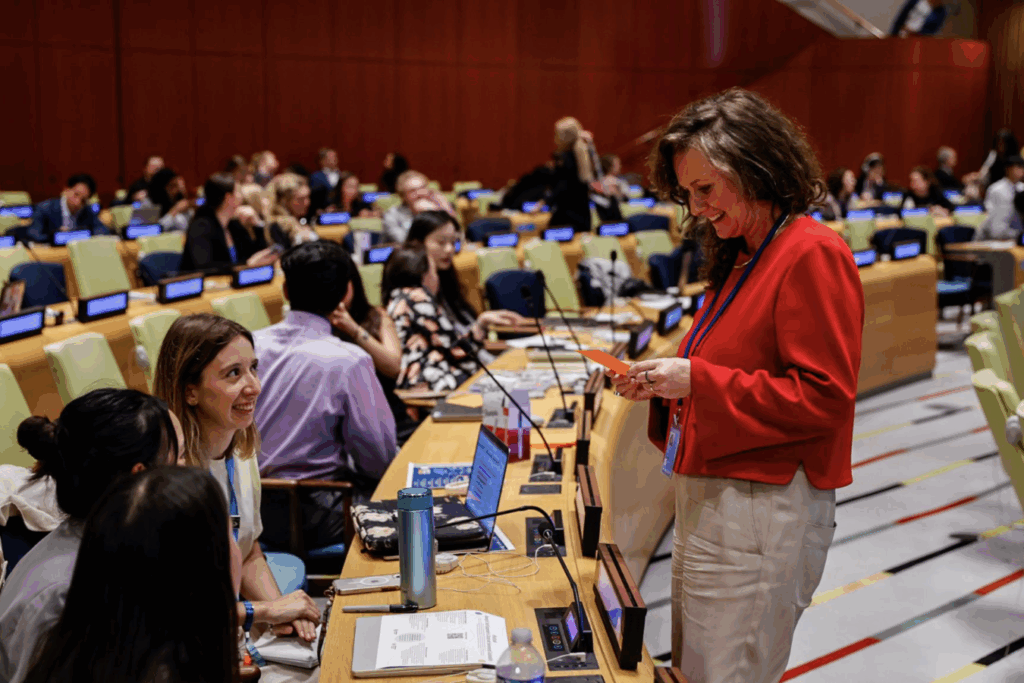
Marking Milestones: Reflecting on 80 Years of the UN’s Work for Women, Youth, and Climate Action
During September’s high-level week, world leaders gathered in New York for the 80th session of the United Nations General Assembly...
Read More
